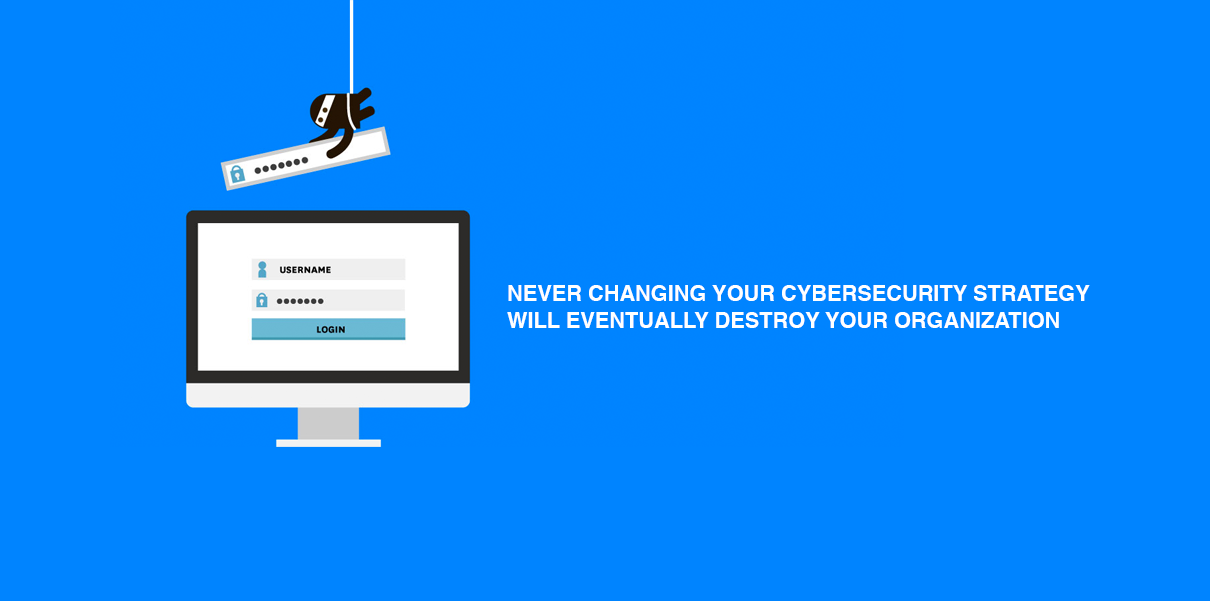Another day, another ransomware attack. Does it really have to be this way? How did many of our systems get so vulnerable? According to statistics, there have been over 140 ransomware attacks targeting public, state, and local governments as well as healthcare organizations just this year. In fact, the number of attacks don't include all the other attacks on various businesses -- of various industries throughout the world. In essence, the number of ransomware attacks hitting private companies is unknown since many private companies choose not to disclose attacks.
Why do they prefer to keep the attacks a secret? The reason is because they fear the public relations disaster that could quickly ensue. Yet, if your company is targeted and the data leaks out, you can pretty much expect negative press and negative consumer reaction. Furthermore, the FBI has stated that ransomware attacks are becoming more targeted and sophisticated. Even if there are fewer ransomware attacks, the losses have increased exponentially.
The increase in attacks are targeted at companies and individual users. While the FBI advises that paying the ransom only propagates the crime, some institutions feel they are backed into a corner and have no other choice in order to get their systems --and data-- back online. Just like in Hollywood movies, it's only a matter of time before ransomware attacks directly impact public and private safety.
For instance, a hacker might threaten a victim with their lives or false AI videos and voice replication to implicate the victim in a crime they didn't commit, if they don't pay the ransom. Cyber criminals already have the AI technology to mimic your voice, your face, or your persona to create fake profiles or make phone calls pretending to be you and so on. That is the direction hackers will take if it means they will get the response they desire.
Should you remain paranoid?
In word, yes. If you knew how devious cyber criminals are, you probably wouldn't be able to sleep at night. It's their job to commit cyber crimes and profit as much as possible. So then, if this is the role they've taken on, don't you think they will continue to practice until they reach perfection?
The more typical ransomware attacks will simply target a specific machine. Yet, an increasing number of sophisticated attacks are using sustained network access to strategically place ransomware. Even the most expensive systems cannot prevent an unassuming employee from clicking on a link in a phishing email.
As a result, many companies are not only deploying their own cybersecurity applications but they are also partnering with MSPs to get the deep and layered security approach you need in the age ransomware epidemics As you can see, remaining paranoid is the only way to be.
Will ransomware ever stop?
Not unless money is lost. If cyber criminals continue to earn money from ransomware, then the attacks will become larger and more frequent. It helps to note that some of these cyber criminals are working on behalf of their country of origin, being led by their government leaders. Essentially, this isn't just a personal attack, it can feel like war when it moves in on targets such as government agencies and large corporations.
What are the most common types of attacks?
Good question. Unquestionably, cyber criminals are still targeting individual users. You might see anything and everything in a phishing email or text from a link to your fake winnings from a lottery you’ve never entered, to a totally believable streaming movie service email asking for your updated credit card number, or even emails with fake court summons. If you're the average person who sees a fake court summons in your inbox, like most people, you would probably wonder what it's for and open it.
Circling back to paranoia, when you think that over half of the businesses today aren't prepared for a ransomware attack, it can get pretty scary — really quickly.
What if your local hospital shut down as you were being treated? What if the DMV couldn't renew your driver's license because its systems were being held ransom? What if ransomware proliferated to the point where your local government has to raise taxes just to be able to afford to pay the daily ransom? That sounds like a frightening world to live in, but it's not too far off from the current reality. Listed below are the most common types of ransomware deployed in the past year:
- Stop or DJVE (Accounts for over 56% of reported incidents). Uses AES-256 encryption and demands $490 in bitcoin which doubles after 72 hours.
- A variant of Dharma ransomware using the file extension .cezar. The cyber criminals often ask for a ransom depending on the size of the company.
- Phobos, which is similar to Dharma.
- GlobeImposter
- Sodinokibi also known as REevil
Final thought
If you don't properly protect your perimeters, and networks, cyber criminals will continue to exploit your weaknesses. Even if your company hasn't been hit, now is the time to ramp up your cyber security game. The good news is if your company is located in Cincinnati, Dayton, or the surrounding areas, Titan Tech can offer expert cyber security help. Instead of waiting around like a sitting duck, you can be proactive about your data security.

